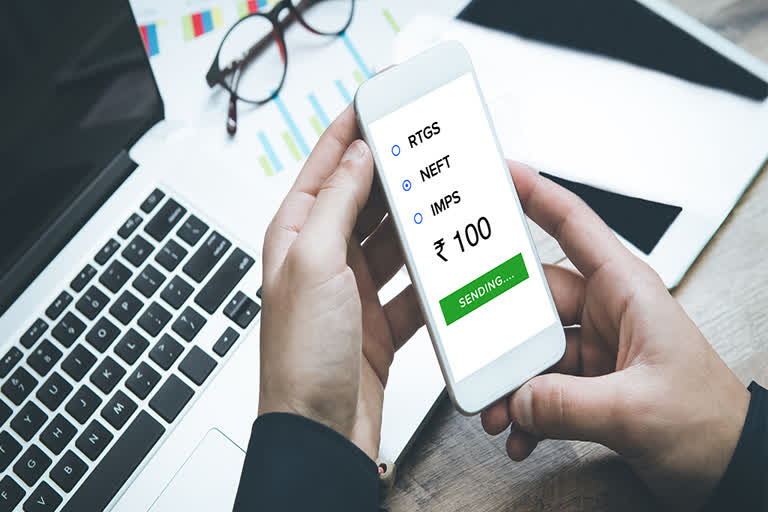Mumbai: Fund transfer through RTGS and NEFT systems is set to become cheaper from Monday after the Reserve Bank of India decided it will not impose any charges on such transactions.
After announcing its decision to waive all charges on fund transfer through RTGS and NEFT systems from July 1, the Reserve Bank of India (RBI) had also asked banks to pass on the benefits to customers from the same day.
The real-time gross settlement (RTGS) system is meant for large-value instantaneous fund transfers, while the national electronic fund's transfer (NEFT) system is used for fund transfers of up to Rs 2 lakh.
“With a view to push the digital transaction, the RBI has decided not to charge the RTGS and NEFT transactions. This would help banks reduce the fees from customers for these transactions,” Indian Banks’ Association Chairman Sunil Mehta said in IBA’s newsletter. The country’s largest bank SBI charges between Re 1 and Rs 5 for transactions through NEFT and between Rs 5 and Rs 50 for RTGS route.
